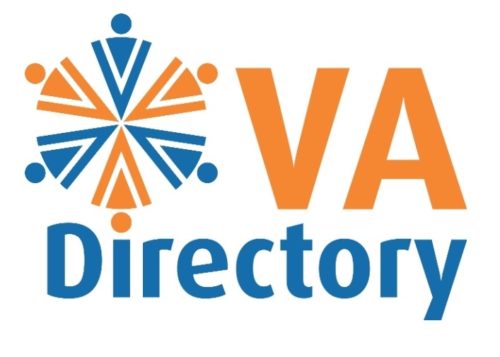You’ve decided you want to become a Virtual Assistant but now what to do next? There’s lots of information out there, some of it conflicting, and it’s hard to know what to decide upon.
Well, providing you have a good computer, reliable internet connection and a decent printer you’re part of the way there, but there’s lots to do still.
Being a virtual assistant means you are going to be a business operator. That means there are legal things and tax things required.
- You should find a local Accountant as soon as possible to find out what you need with respect to registering your business with the tax dept and what requirements there are for you to abide by. Here, in Australia, you have to register for an Australian Business Number (ABN). You may be required to register also for GST if you expect that your annual revenue will be $75k or above. Even if it’s not going to be, there may be benefits to register anyway so you can claim for gst related expenses. An Accountant will help you determine whether to set up as a Sole Proprietor, Company or another structure for your business. It’s best to start off with the best information, rather than have to pay lots of money further down the track to change the structure of your business. If you’re in another country you’ll need to find out what the requirements are in your region.
- Work out your services and your rates. At this stage you need to think about what type of services you are going to provide and how much you are going to charge for them. You need to consider, that even with running a business from home, you are still going to have expenses which include insurances, taxation, software, and even holiday leave. There is a great worksheet online designed to help you work out a rate that is right for you. Don’t go copying other people’s rates. You need to go through this exercise yourself. Why? Because your experience, skill-set and cost of living will be different to everyone else. No two people have exactly the same circumstances so you owe it to yourself to put in the effort to work this out.
 Write a business plan. Many people underestimate the value of doing a plan for their business and this is something I encourage new VAs to do when doing my VA Trainer course. It certainly gets you thinking about things you might not have otherwise. Finding help in the way of a mentor, coach or trainer would be ideal for this stage.
Write a business plan. Many people underestimate the value of doing a plan for their business and this is something I encourage new VAs to do when doing my VA Trainer course. It certainly gets you thinking about things you might not have otherwise. Finding help in the way of a mentor, coach or trainer would be ideal for this stage.- Set up an accounting system from the start. You could elect to purchase MYOB or Quickbooks, or there is Xero online, amongst other software packages too. Or even a simple spreadsheet in Excel will do the trick. But start recording everything dollar you spend and make from the start.
- Get online. Explore what there is online to help make your business more productive. You’ll need to ensure you have a backup system of your files and Dropbox gives you 2gig free. It’s an easy system to use and you can share folders with your clients without others having access to each individual folder. You’ll find a number of other software programs available online to help you with your business.
- Join VA Forums. Not just one, but two or three. Even more if you have the time. This isn’t about wasting time but rather about learning from those in the industry who have already trod the paths you are now on. The forums are for meeting your peers, not to get work, but as you connect with a number of VAs, some may choose to outsource work to you. You will find each has a different culture or feel about it and some will suit you and some won’t.
- Register with a VA Network or two, or more. The forums link above also lists networks. Forums are for chatting, networks are for learning and getting listed to attract clients.
 Create an online presence. This can be done several ways. Create your own website, set up a Facebook Page, develop your LinkedIn Profile, or use the listing(s) from the VA Networks you’ve joined.
Create an online presence. This can be done several ways. Create your own website, set up a Facebook Page, develop your LinkedIn Profile, or use the listing(s) from the VA Networks you’ve joined.- Tell everyone what you are doing. And don’t confine it to just people online. You have people living next door, across the road, down the street and around the corner who won’t know what you’re doing, unless you tell them. While you can work virtually that doesn’t mean you’re not allowed to meet your clients or know them personally. There are tons of business networking groups meeting on a regular basis that you can benefit from. When networking online, the best online tools (in my opinion) are Facebook, LinkedIn and Twitter for building your connections online.
- Most of all, have fun with it. There’s no point in working for yourself if you’re not enjoying it. Allow yourself to celebrate each new milestone and make sure you take time off to relax, exercise and spend time with loved ones. Life was never meant to be all work and no play and if you can’t have some play when working for yourself, then you need to reconsider your choices.

